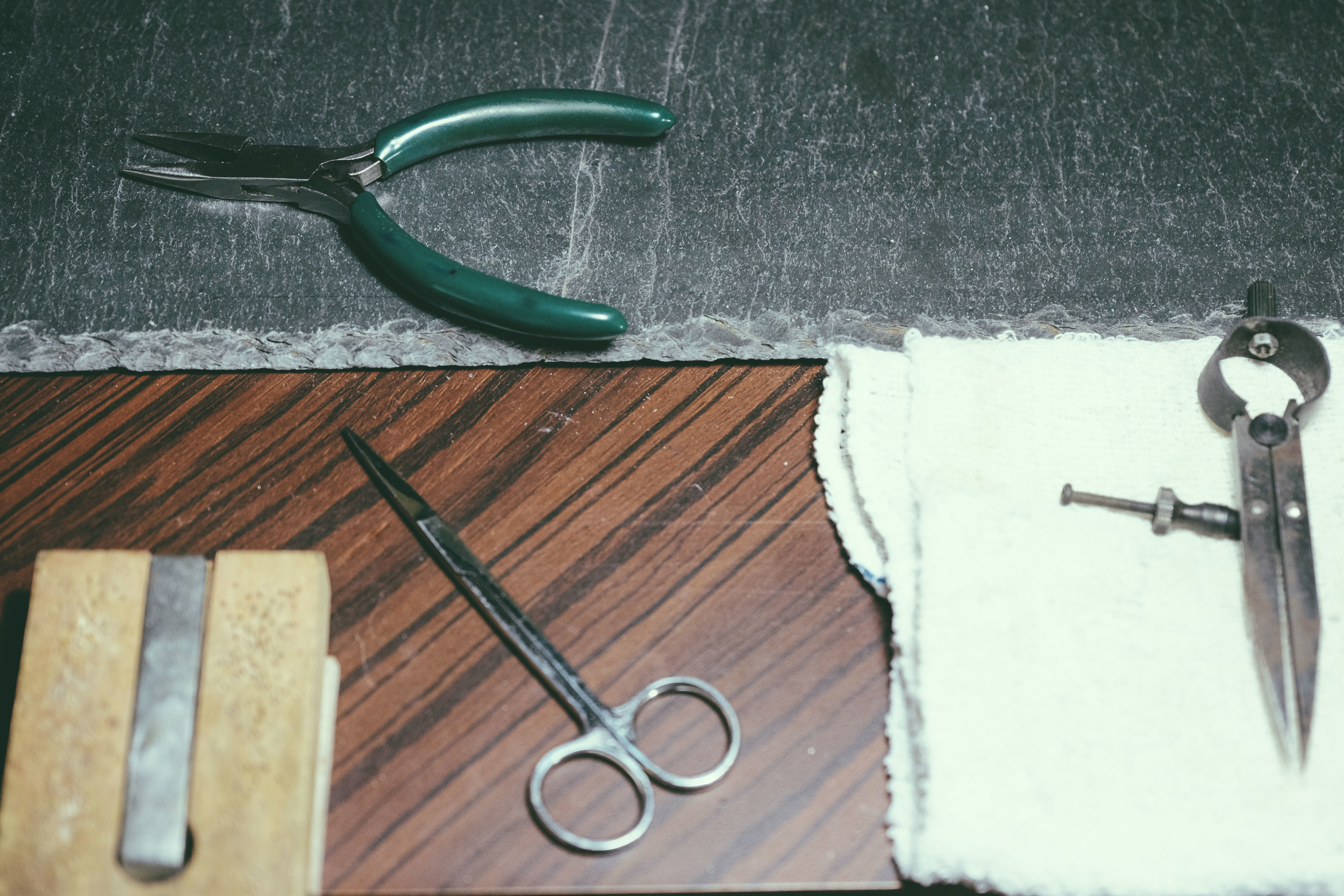Kuching: Original, Not Hipster
14 August 2016
At first glance, the only thing that’s changed about Kuching since the turn of the century is the smattering of mid-rise buildings that have come up like inevitable pockmarks upon the landscape of any middling city. But look closer, and you’ll see traces of a sleepier life still winding its way through the streets. Kuching’s size is somewhere between a large town and small city, and its relatively compact nature allows for easy access to everything. My friend Sze Lyn, who helps to run Wordsmiths of Kuching, a literary non-profit group of writers and improvisers, says, “everything is twenty minutes away”.
Kuching is also more famously known as the gateway to an incredible array of national parks that dot the lush landscape of Sarawak and the annual Rainforest Festival every August, which is unfortunately seen by most locals as world music for ang mohs (white men).
But there’s an undercurrent of growth that’s beginning to throb in Kuching. Unlike small city counterparts like Georgetown in Penang and Melaka, where echoes of hipster joints have sprung up like inedible mushrooms after a storm, the artisans of Kuching remain original.
Mackerel goes hunting for them.
BOTH LEFT, AND RIGHT
Creating our story. We tell your story. Stories are at our heart.
All these are clever little catchphrases designed to trap buyers into the seemingly evergreen lure of narrative. But Left & Right take storytelling to another level. Makers of handmade silver jewelry, they encourage customers to tell them a story and the piece that emerges is a result of reflection, invention and endless hours of experimentation.
Working out of a shophouse on Lorong Kai Joo, their atelier is part of Lane Building, the former offices of a law company. Being enterprising, owners have turned the ground floor into a cafe while the upper floors have become spacious Airbnb apartments.
Granted, this modern use of space is rare in Kuching, but not so the generous use of belian, or ironwood, a strong, rich wood often use to build beams and other supporting structures.
Eileen and Fabian, founders of Left and Right, work alone, toiling unceasingly to fulfill orders and gear up for an Indiegogo crowdfunding campaign.
Their influences spring from nature, and an engineering background allows them to see the subtle dynamics in things such as the movement of water. From that seemingly pedestrian observation, they pull out something essential, like the idea of how water recirculates, and translate it into a tangible work.
They show me a bracelet with dozens of interlocking links, completely handmade. The techniques, from the native Iban tribe in Sarawak, date from a thousand years ago. Today, hardly anyone produces such pieces on such a micro level, simply because it isn't worth the time or effort.
Their main material is Argentium sterling silver, as it doesn't tarnish. Comprising 93.5% silver, the rest is germanium. But trust me, there's a very high percentage of pride and love in each piece as well.
Prices start from RM130. Left and Right keep limited stocked pieces, as most are custom-ordered.
PRETTY PLANS
Tucked away in a quiet lane off Carpenter Street in the heart of Kuching's Chinatown is Indah Cafe, the brainchild of Colin and Trudi. Having worked in larger cities like Kuala Lumpur, they longed to raise their kids in a place that had a slower, more family-friendly pace of life.
Seizing the opportunity to rent a pair of shophouses, they decided to start a cafe and homestay and leave the second floor for arts groups to hold workshops and readings. Despite not having a whole lot of space, they demonstrate their belief and support for local arts by packing as much artwork by local artists as they can on their walls and all around the cafe.
But Kuching’s sleepiness can also be a crutch. People aren’t used to local enterprise. Trudi explained that it is the kind of town where parents bring lunch boxes for their children to the school gate every day, and then promptly go home for lunch. Because work is most likely just a twenty minute drive away.
The cafe is an eclectic mix of artwork. More established artists vie for space with poets selling their chapbooks. The coffee is good and is very decently priced, and you absolutely have to try their batik cake (broken Marie biscuits with chocolate sauce, condensed milk and Milo).
A poetry writing class on the second floor of Indah Cafe
The glorious smell of leather
Kaide, the founder of Shou.t
Listening to Kaide, founder of Shou.t, speak about his craft is like listening to a man in love go on about all the glories of his beloved. He approaches leather making like only a true devotee can. One of the first things he made was a leather roll to hold all of his tools.
Shou in Mandarin means hand, but the subtle t, fronted by a full stop, is an invitation to shout his work out. He creates wallets, clutches, phone cases and more. Working out of his bedroom, the glorious smell of leather greets him as he wakes up each morning.
Kaide learned leathermaking in Thailand, and sources his vegetable-tanned leather from Japan. He first started in late 2015 by designing a minimal wallet. I must admit it looked so good I had to get one for myself. Whilst wallets such as these abound on the market, many of them aren’t price sensitive and still end up being quite bulky. His elegant solution allows a number of cards to stay firmly packed together while holding a surprising number of notes without swelling up the wallet. In fact, you can hardly feel it at all.
Kaide sells only online and at pop-up markets, as he is more concerned with steadily refining his product rather than producing it en masse. Looking at his products, it’s easy to understand why; the man is idea driven, each product the clear result of hours of tinkering. I ask him, why leather, and he tells me that leather changes based on how you use it. It has its own character. Almost like a living thing. Kaide has clearly forged a bond with this supple, rewarding material.
Kuching's sleepy waterfront belies a growing young generation of craftsmen


















